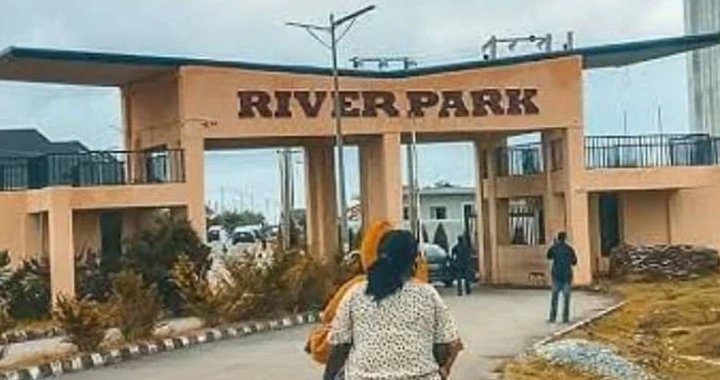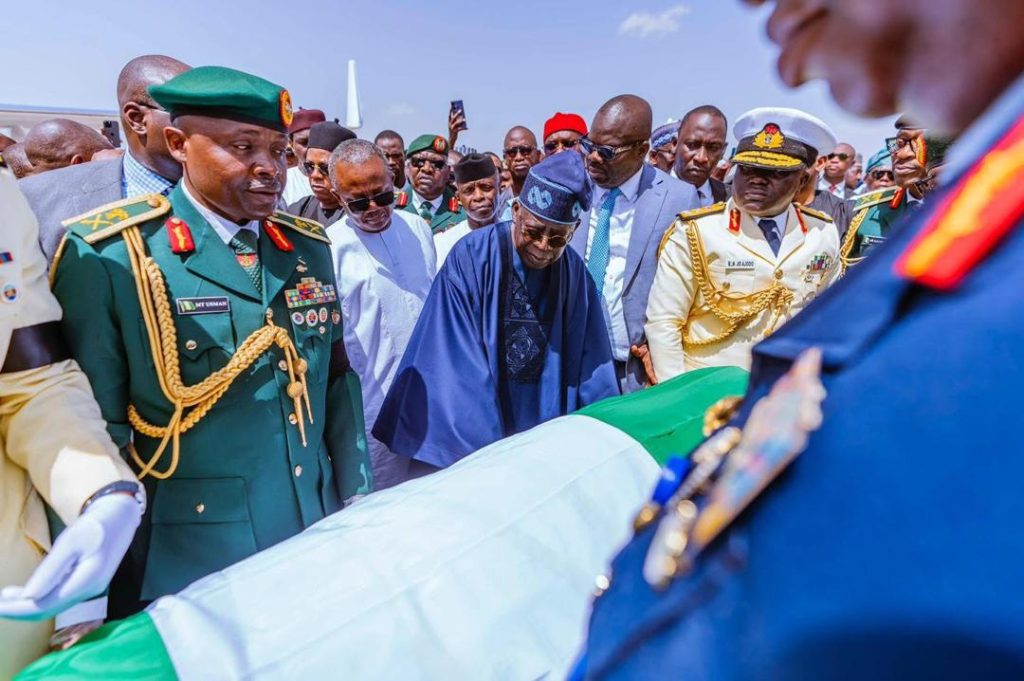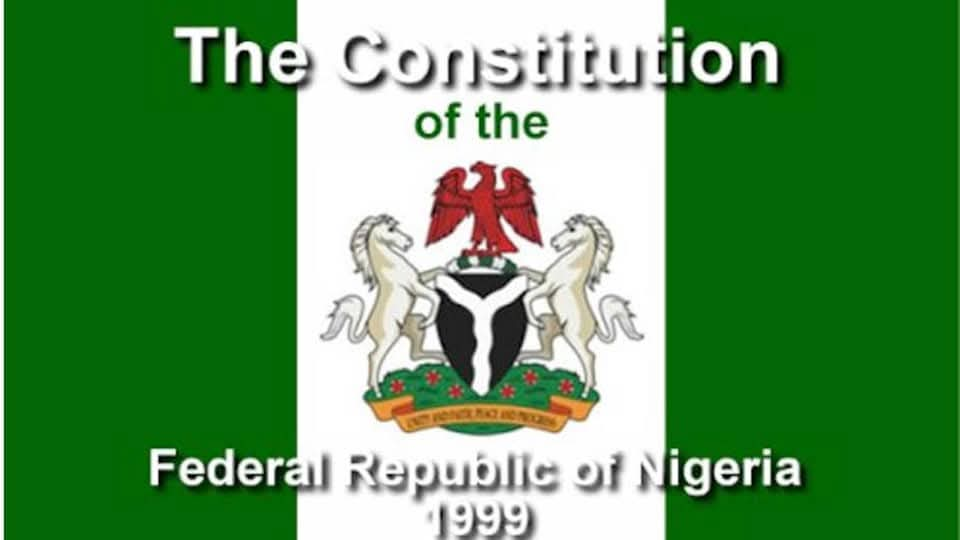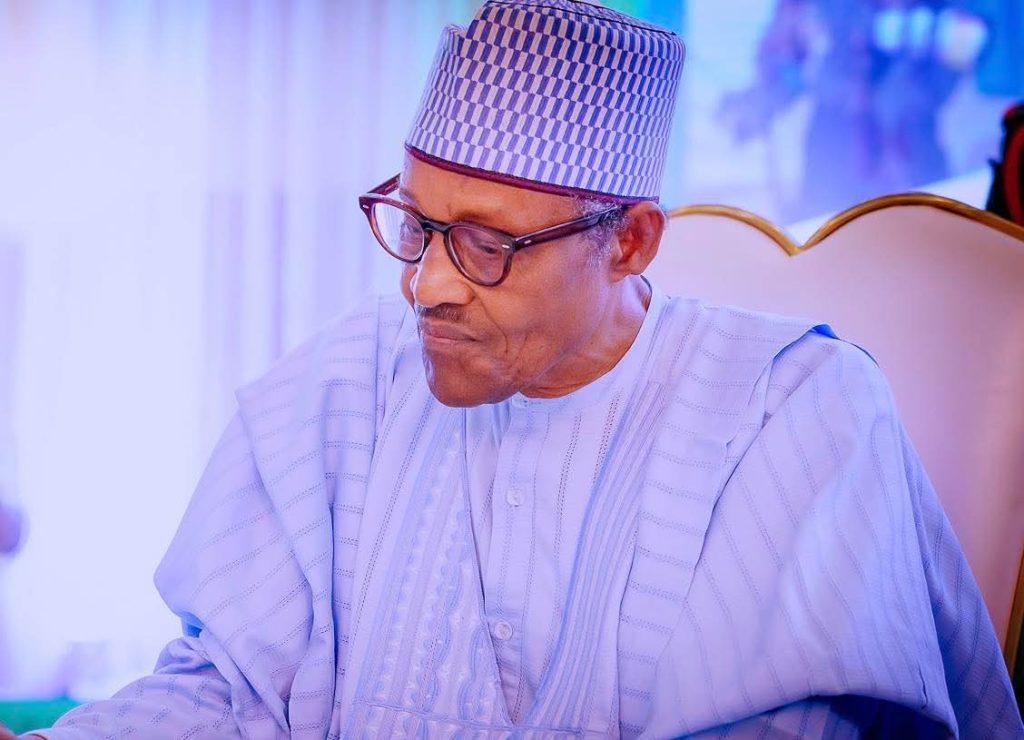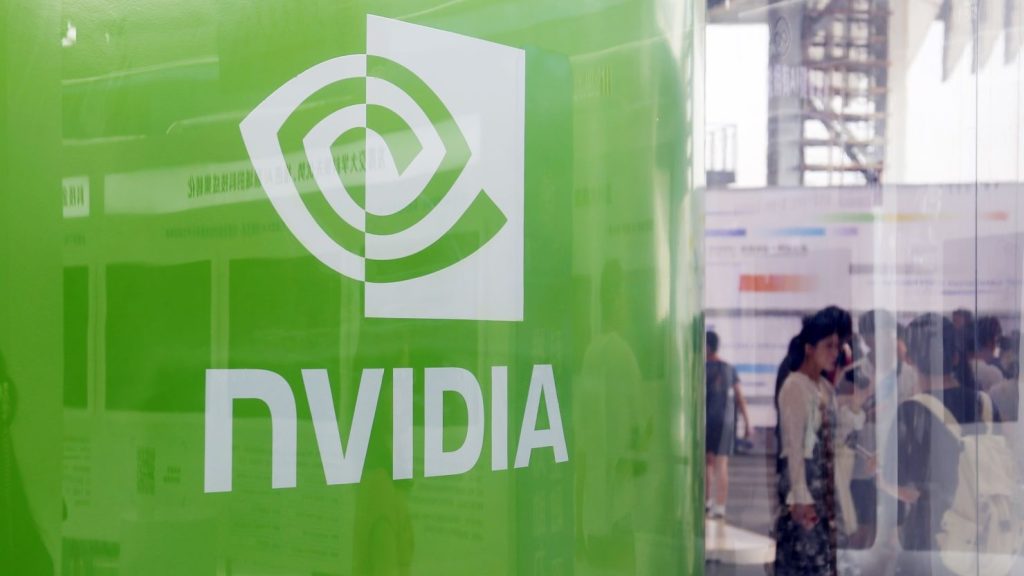Africa
Ugandan dictator Museveni visits South Sudan amid crisis

President Museveni visited South Sudan, meeting with President Salva Kiir amid escalating tensions between Kiir and First Vice President Dr. Riek Machar.
The visit aimed to strengthen bilateral relations between Uganda and South Sudan.
The African Union and Western countries have demanded the release of Dr. Machar, who is under house arrest. Uganda deployed troops to South Sudan, sparking opposition complaints to the United Nations, African Union, and East African Community.
The United Nations Mission in South Sudan warned that the country risked losing “hard-won gains of the past seven years” if it returned to war.
The arrest and detention of Dr. Machar have brought the peace agreement to the brink of collapse.
President Kiir ordered the arrest of Dr. Machar’s allies, accusing them of planning to topple his government. Fighting between government forces and Dr. Machar’s supporters has resulted in casualties, including the death of Major General Majur Dak and 27 other soldiers.
Dr. Machar’s supporters accused Ugandan troops of targeting civilians and violating the arms embargo imposed on South Sudan.

Machar: Always at the center of the South Sudan conflict
The Ugandan military denied these allegations.
The deployment of Ugandan troops in South Sudan has sparked controversy, with opposition leaders questioning the move. Uganda deployed troops in the Democratic Republic of Congo in 2021 without parliamentary approval.
The Ugandan government defended the deployment, stating that it aimed to prevent a repeat of the 2015 violence that saw millions of refugees flee to Uganda.
Background of the Sudan issue
The South Sudan crisis is a multifaceted and intricate issue that has its roots in the country’s tumultuous history. Since gaining independence from Sudan in July 2011, South Sudan has been embroiled in a devastating conflict that has ravaged the country, displacing millions of civilians and leaving a trail of destruction in its wake.
The conflict began in December 2013, when political infighting erupted into violence in the capital, Juba, after President Salva Kiir accused his vice president, Riek Machar, of an attempted coup. The violence quickly spread across the country, pitting government forces against rebel groups. The fighting has been marked by brutal violence, including targeted attacks on civilians, gender-based violence, and kidnappings.
One of the most devastating consequences of the conflict has been the massive humanitarian crisis that has ensued. Over 7 million people are in need of aid, with millions facing hunger and malnutrition. The crisis has been exacerbated by economic woes, drought, and food shortages, which have pushed the country to the brink of collapse.
The displacement of civilians has been a hallmark of the conflict, with over 4 million people forced to flee their homes. Many have sought refuge in neighboring countries such as Ethiopia, Kenya, and Uganda, while others remain internally displaced. The majority of displaced families are women and children, who are disproportionately affected by the conflict.
Despite several peace agreements, including the most recent one signed in 2018, the conflict remains fragile and prone to outbreaks of violence. The agreements have been repeatedly violated, and the country remains on the brink of collapse.
The international community has been criticized for its lack of decisive action, with many arguing that more needs to be done to support the peace process and hold perpetrators of violence accountable.
In conclusion, the South Sudan crisis is a complex and protracted conflict that requires sustained international support and efforts to achieve lasting peace and stability. The humanitarian crisis is dire, and the displacement of civilians has had a devastating impact on the country’s social fabric. It is imperative that the international community takes decisive action to support the peace process and hold perpetrators of violence accountable.
For Diaspora Digital Media Updates click on Whatsapp, or Telegram. For eyewitness accounts/ reports/ articles, write to: citizenreports@diasporadigitalmedia.com. Follow us on X (Fomerly Twitter) or Facebook




